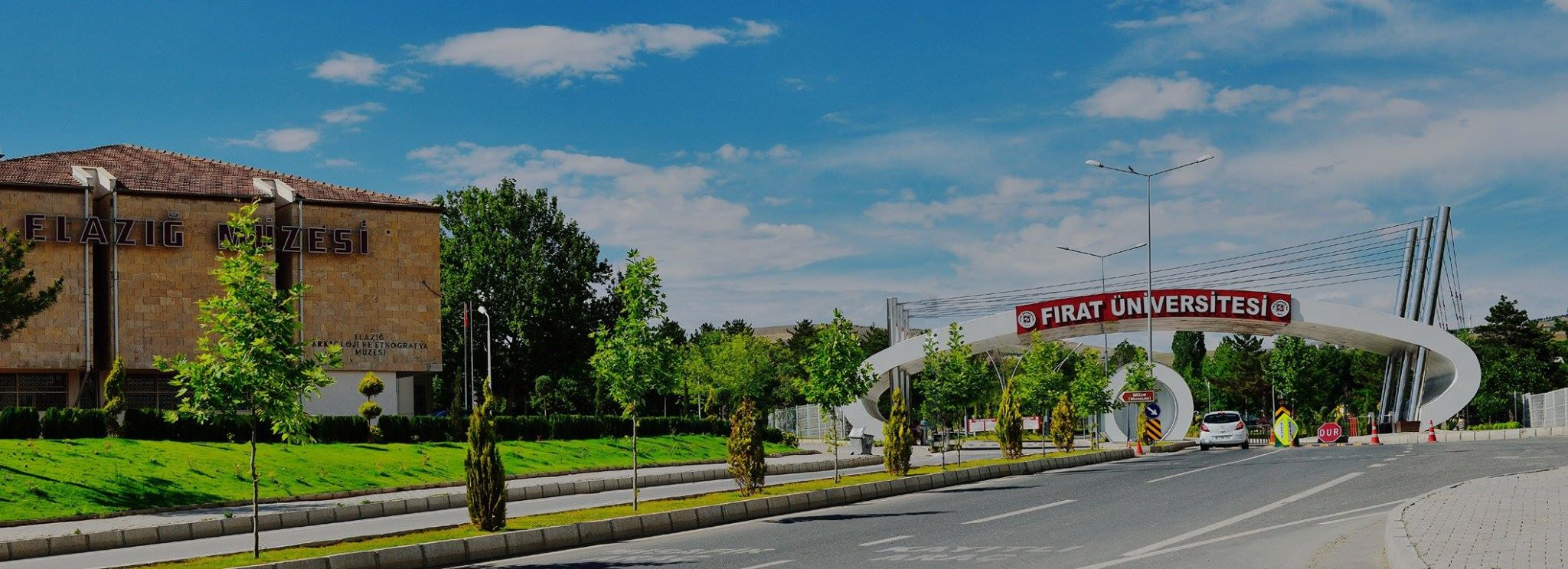
Projects
|
Project Title Year |
I LEARN EMOTIONS WITH MY ROBOT FRIEND AND BUILD WITH LEGO’S (2023) |
|
Supporting Organization(s) |
TÜBİTAK 4008 |
|
Project Coordinator Researchers |
Assoc. Prof. Dr. Zülfü Genç (Coordinator) Dr. Habibe GÜNEŞ (Researcher) |
|
Project Abstract |
Autism Spectrum Disorder (ASD) is a neurodevelopmental disorder with an increasing incidence all over the world. It is known that children with ASD are limited in understanding and expressing emotions. In the literature, there are studies showing that humanoid robot-mediated interventions, one of the technology-based education methods, have positive effects on social communication skills in the education of children with ASD. It is reported that these practices have an increasing effect on understanding and expressing emotion in children with autism. Similarly, there is evidence of an increased propensity to learn in autistic children in therapy with building blocks known as LEGOs. In this project, it is planned to train children with ASD in understanding and expressing emotions through activities to be developed using LEGO bricks and a humanoid robot named Pepper. The activities are developed within the scope of these main emotional development competence areas: distinguishing and matching emotion expressions for understanding emotion, imitating emotion expressions and naming emotions, and four basic emotions: happy, sad, shocked and angry. The working group of the project will consist of 20 children aged between 4 and 8 who have been diagnosed with ASD in the province of Elazig. The project will be implemented in state special education and/or primary education schools with the kids in pre-school and/or primary school period in the province of Elazig. In addition to the coordinator, the project team includes a field expert on child development and the use of games and LEGO bricks in education, a field specialist on ASD, a field specialist on humanoid robots and human-robot interaction, and a field expert on measurement and evaluation. Therefore, trainers who have worked and are working with children with ASD before are included in the project. These trainers will be given training on the use of humanoid robots and LEGO bricks in the emotion teaching of children with autism, and emotion teaching activities will be introduced. At the end of the project, it is aimed to increase the competency of understanding and expressing emotions of participating children with ASD and to disseminate the teaching of emotion understanding and production skills through LEGO supported humanoid robot in Turkey. |
|
Project Title Year |
21st Century Skills at Our Fingertips: Artificial Intelligence, Computational Thinking and Coding Activities for Visually Impaired Students |
|
Supporting Organization(s) |
TÜBİTAK 4008 |
|
Project Coordinator Researchers |
Büşra DEMİR (Coordinator) Dr. Habibe GÜNEŞ (Researcher) |
|
Project Abstract |
Today, coding skill is an important skill included in international standards that are considered necessary for all learners in the 21st century. However, there is a limited number of studies in the literature on the education of coding skills of visually impaired students. Despite the integration of computer science into national education programs, the limited intervention for visually impaired students causes them not to have sufficient opportunities in the context of equal opportunities in education and not to gain an important skill for their future professions. Therefore, this project aims to enable visually impaired students to engage in activities to learn how to use artificial intelligence technologies that they will need in their future professions, learn mobile application development processes, learn computational thinking skills and gain basic coding knowledge. The project aims to create knowledge and awareness about technology, increase their ability to use these technologies, increase student creativity with mobile-supported applications, and develop computational thinking skills with coding; thus, it is aimed to gain basic thinking acts such as analysis, abstraction, reasoning, decision-making, as well as to be inspired for related careers and to increase their self-efficacy by managing their cognitive work plans. It is considered important that learners are open to innovative technologies and have a voice in society. In the project, 10 visually impaired or partially sighted students from Gaziantep GAP Secondary School for the Visually Impaired were selected as the study group to increase the hopes of visually impaired students for the future and prepare them for a better future by improving their existing skills after the earthquake that caused great devastation in Turkey on February 6, 2023. In the project, qualitative research design will be used. Semi-structured interview questions will be used as data collection tools and rubrics will be used to evaluate students' performances at the end of the activity. The activities in the project are planned to last five days. As the output of the project, at the end of the activities, it is thought that visually impaired students will increase their level of knowledge about mobile applications and artificial intelligence, improve their computational thinking skills, take the first step to write their programs and increase their hopes for the future. |
Quick Access